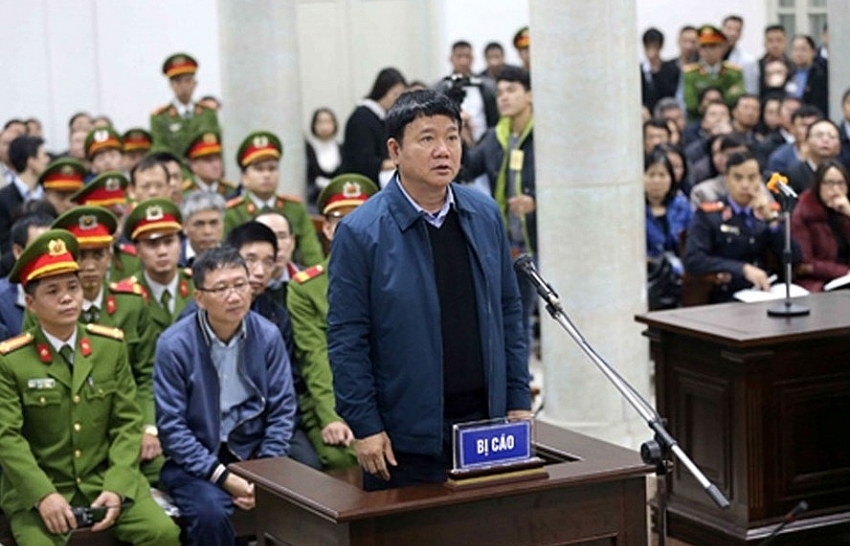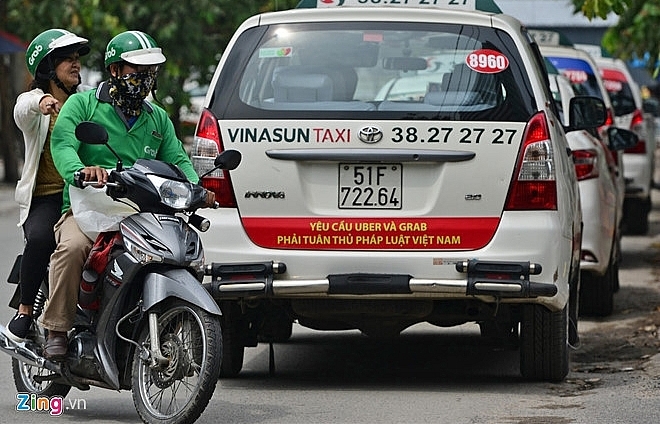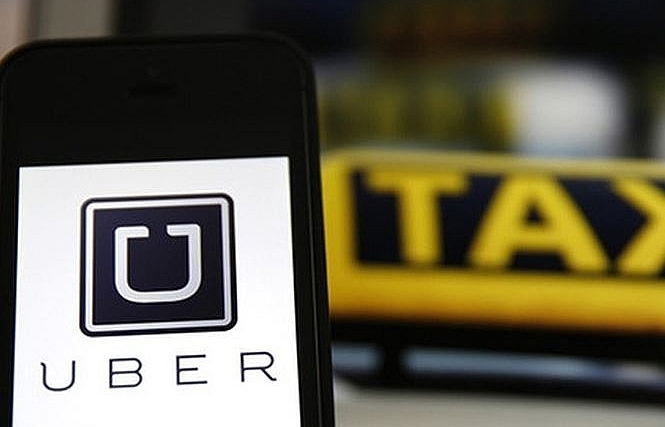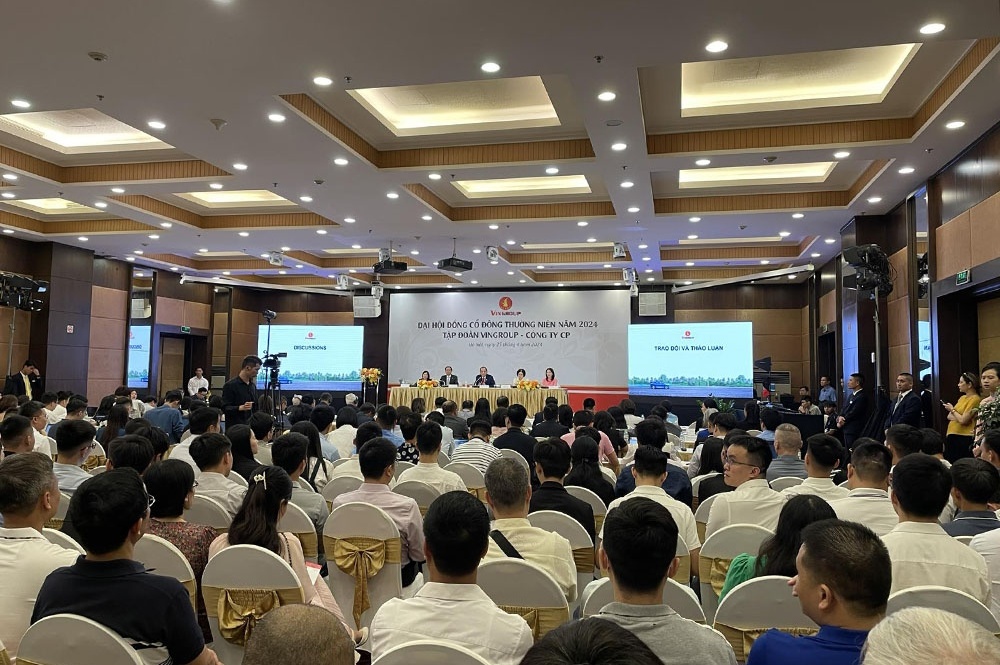Supreme Court to decide if Wal-Mart bias case can proceed
By the end of spring 2011, the high court is expected to examine whether female employees of the world's largest retail company can pursue workplace discrimination claims, which were first filed in 2001 by seven employees who argued that women were paid and promoted less than men in comparable positions.
The case is likely to be one of the most closely watched of the court's next docket, with potential legal claims reaching into the billions of dollars.
The nine-member court will not rule on whether the discount chain engaged in discrimination at any of its 3,400 retail US stores, only on whether the lawsuit, which has churned through the courts for years, can proceed.
Wal-Mart, the largest employer in the United States, was seeking to block a 2007 federal appeals court ruling that gave the green light for the gender bias case.
In a split 2-1 ruling, that court in San Francisco upheld the bid to confer class-action status to the suit, stressing that "although the size of this class action is large, mere size does not render a case unmanageable."
The status would enable many more plaintiffs to join the lawsuit, and to be eligible to receive a share of any compensation that results.
The court's decision was narrowly upheld, 6-5, in April by the court of appeals in San Francisco.
In seeking to block the case, Wal-Mart warned in August of the enormity of the class action, describing it as "larger than the active-duty personnel in the Army, Navy, Air Force, Marines, and Coast Guard combined."
It said the case would be "the largest employment class action in history, by several orders of magnitude," and that it could one day involve "billions of dollars."
According to court documents from 2007, Wal-Mart employs more than 1.2 million employees in the United States. Two-thirds of them are women, but women account for only one-third of its managerial ranks.
Wal-Mart, however, has maintained that because promotions are largely made on a store-by-store basis, discrimination was not systemic.
"Wal-Mart has strong equal employment opportunity policies, and fosters female leadership both among its associates and in the larger business world," Susan Chambers, Wal-Mart's human resources chief, said at the time.
However the plaintiff's brief Monday challenged that the "disparate outcomes for men and women were highly statistically significant such that they were extremely unlikely to result from chance."
As the nation's largest employer, the brief added, Wal-Mart "manages its operations and employment practices in a highly uniform and centralised manner."
David Sanford, the lawyer in a similar discrimination case this year between pharmaceutical company Novartis and 5,600 employees -- which ended with a $175-million in compensation and damages -- told AFP it was a "high burden to show" the women were paid less than men in comparable situations.
But, he added, if true "that the policies are such and are implemented in such a way as to disfavor women, then a court and a jury should be able to hear evidence," and shouldn't be barred from doing so due to the size of the suit.
With overall trade slightly negative Monday in New York, Wal-Mart shares were down only marginally by the end of the trading day.
What the stars mean:
★ Poor ★ ★ Promising ★★★ Good ★★★★ Very good ★★★★★ Exceptional
 Tag:
Tag:
Related Contents
Latest News
More News
- AstraZeneca profit up on strong sales of cancer drugs (April 25, 2024 | 17:37)
- Call to arms for semiconductor roles (April 25, 2024 | 17:00)
- SABECO outlines growth plans for 2024 (April 25, 2024 | 16:15)
- A strengthened high-tech workforce for semiconductors (April 25, 2024 | 15:00)
- Vietnam commits $1.08 billion to train 50,000 semiconductor engineers by 2030 (April 25, 2024 | 14:51)
- Localities on first step towards training microchip labour force (April 25, 2024 | 13:00)
- Agricultural produce seeks to conquer e-commerce market (April 25, 2024 | 10:15)
- Hai Long Construction's successful 25-year journey (April 25, 2024 | 08:00)
- E-commerce platforms help to spread agricultural value (April 25, 2024 | 07:30)
- Standard Chartered revises down Vietnam's 2024 GDP growth forecast to 6 per cent (April 24, 2024 | 15:04)




















 Mobile Version
Mobile Version